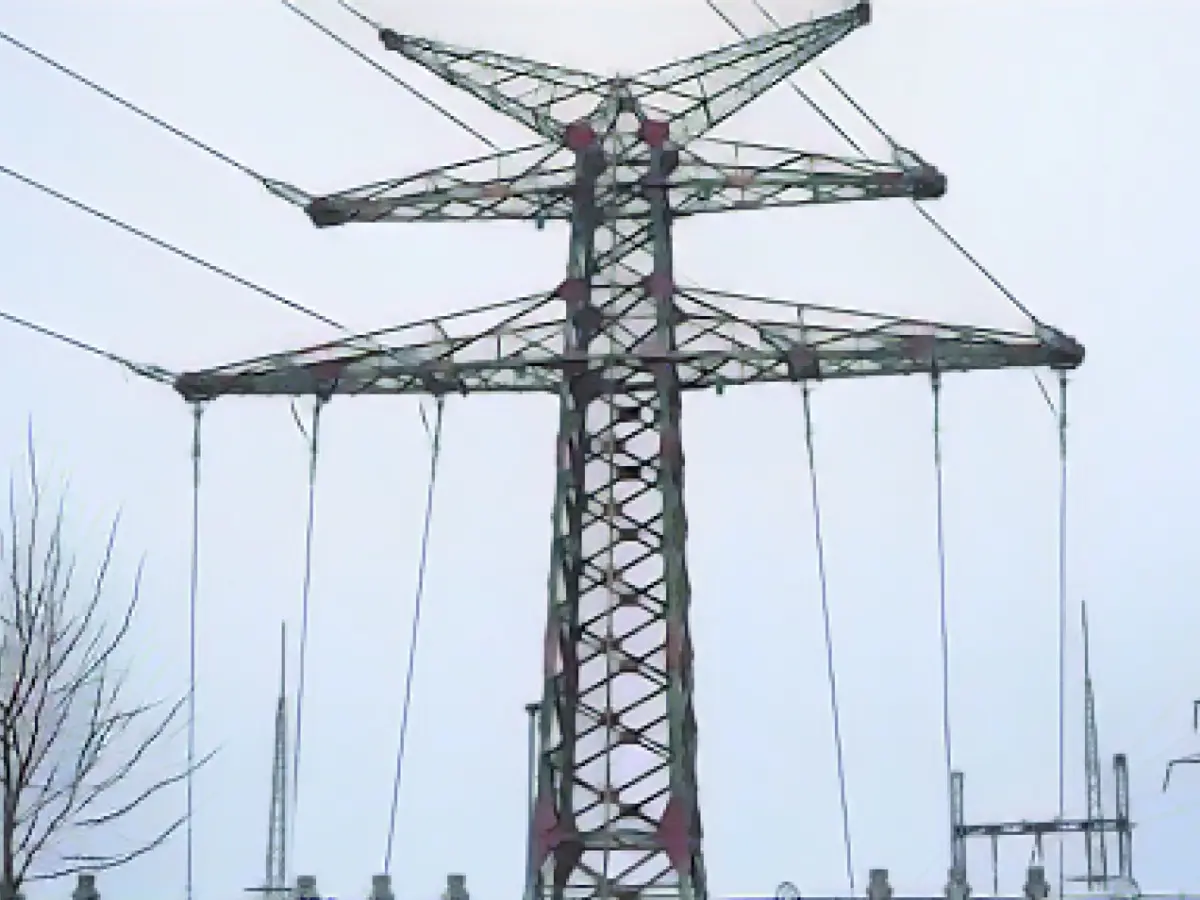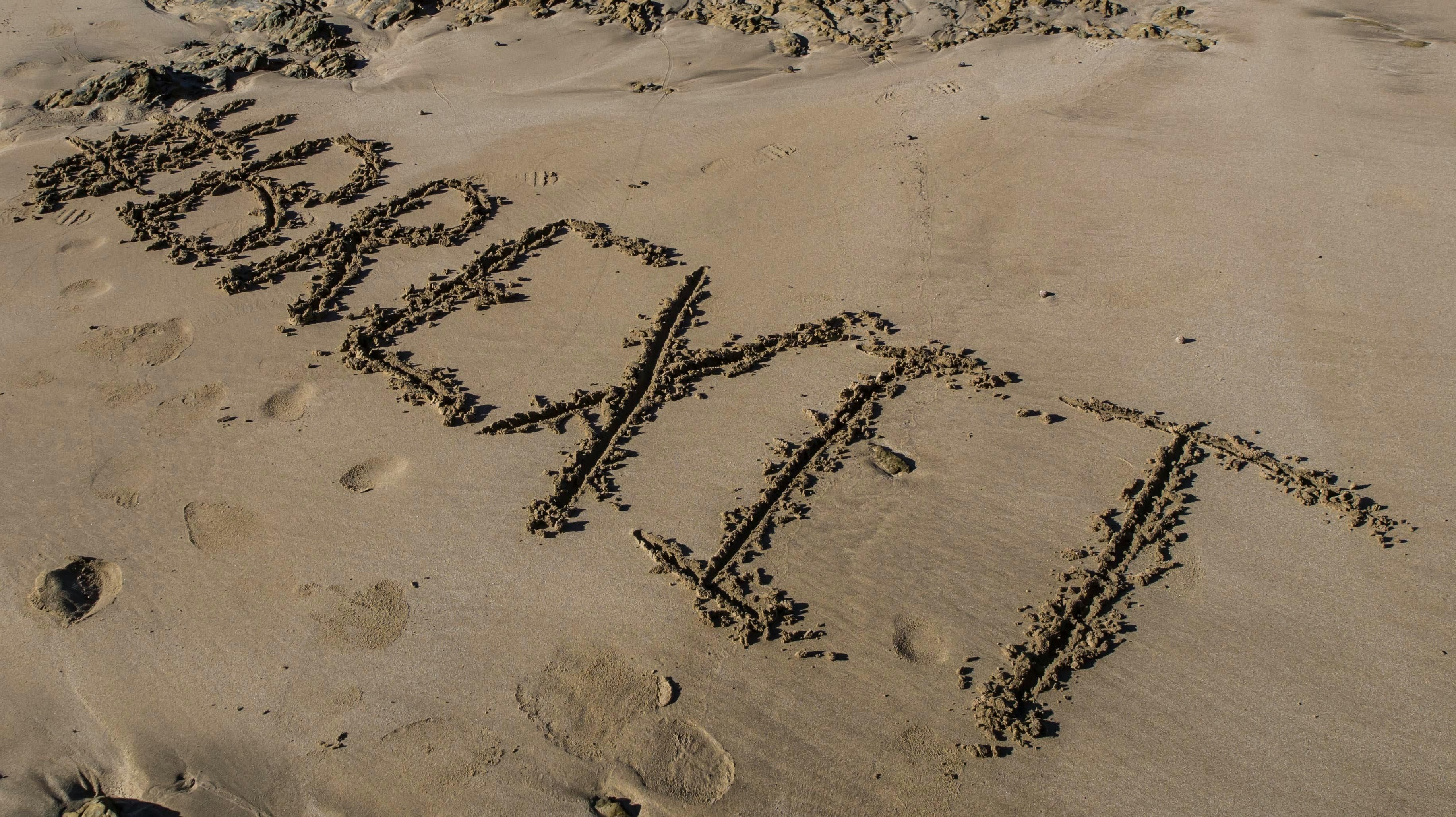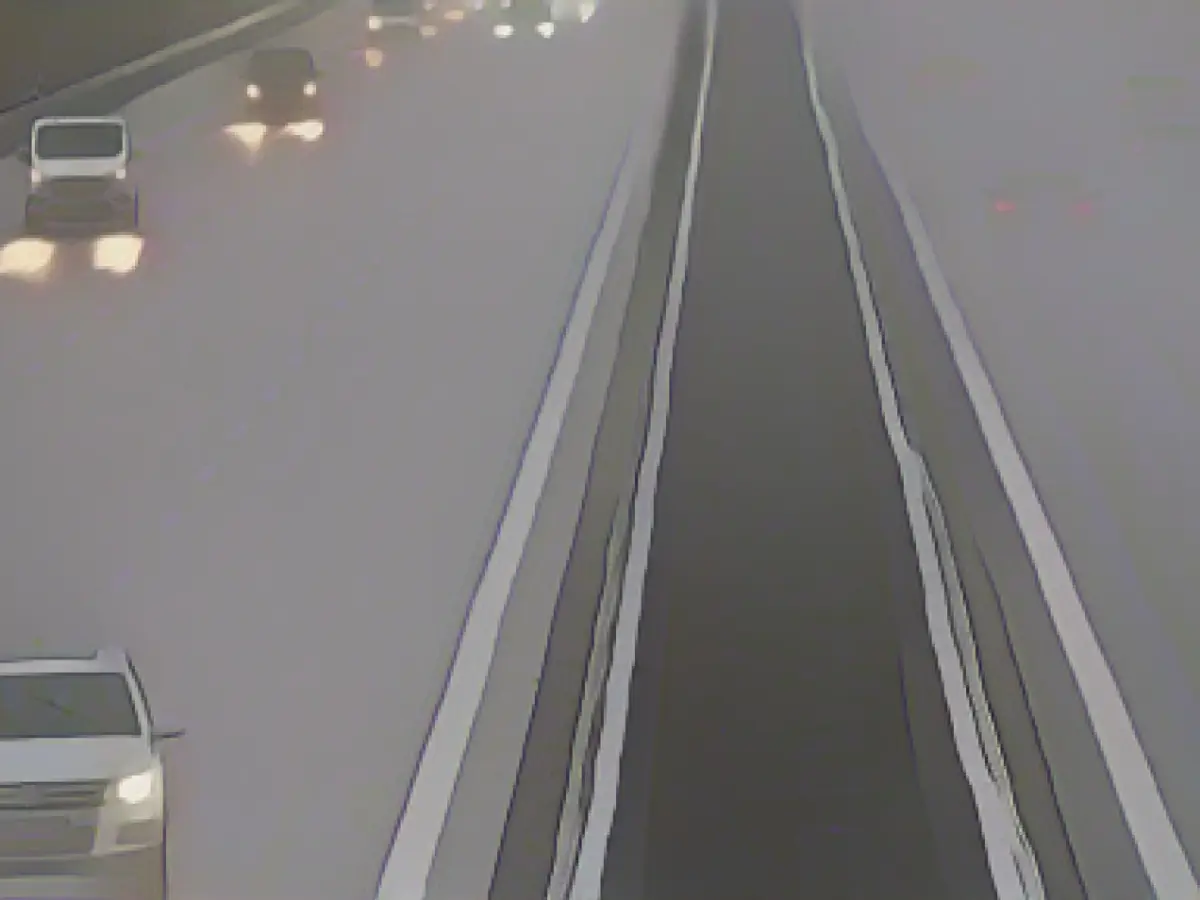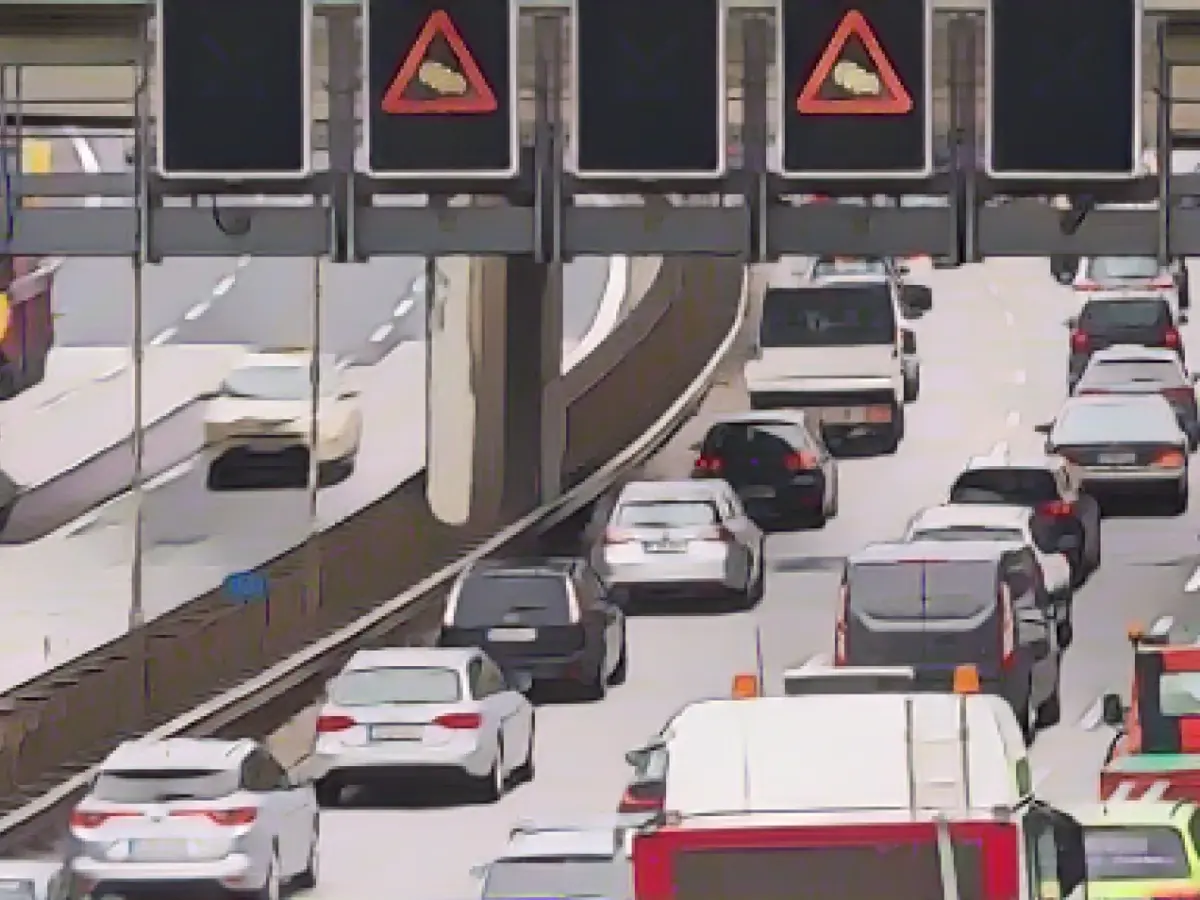Struggling Finances and Household Expenses: A New Year's Gift from the Traffic Light Coalition
As the year wraps up, many German citizens and businesses are less than thrilled with the decisions made by the traffic light coalition. Following a ruling from the Federal Constitutional Court, the coalition was forced to come up with billions in funding to fill budget gaps. While major cuts have been avoided, especially in the social sector, there will be noticeable burdens on heating, refueling, and electricity expenses, among other things.
The traffic light coalition partners had to scape together 17 billion euros in the core budget alone for the coming year and another 12 billion for a special fund dedicated to investments in climate protection and a modern economy. Funding programs will also be reduced, with 45 billion euros in expenditure set to be cut by 2027. The coalition has not presented a detailed list of cuts, but some details have leaked out.
On the flip side, the opposition CDU/CSU has labeled these decisions as "massive tax increases at the expense of citizens and the economy." In contrast, the Ministry of Finance has pointed out that citizens will be relieved of 15 billion euros in parallel through income tax reductions beginning January 1, 2023.
Fuel and Electricity Prices on the Rise
The CO2 price for refueling and heating with fossil fuels is set to increase, with Economics Minister Robert Habeck (Greens) and Finance Minister Christian Lindner (FDP) announcing a return to the old price path of the grand coalition. This means that the CO2 price will not rise to 40 euros per tonne by January 1, 2024, as previously planned - but to 45 euros. The higher CO2 price will result in additional revenue flowing into the Climate and Transformation Fund, which will be used to finance projects for climate protection.
ADAC predicts that users of petrol cars will have to expect additional costs of 1.4 cents per liter due to the faster CO2 price increase, resulting in a total price increase of around 4.3 cents per liter at the turn of the year. Diesel drivers could face an additional 1.6 cents, leading to a total increase of around 4.7 cents for a liter of diesel. Additionally, calculations by the comparison portal Verivox suggest that gas will increase in price by 0.39 cents per kilowatt hour, and heating oil by 4.8 cents per liter, leading to additional annual costs of 78 euros for gas and 96 euros for oil heating for a typical family with a heating requirement of 20,000 kilowatt hours.
Gridded electricity prices are also set to rise due to the cancellation of a 5.5 billion euro federal subsidy for electricity grid fees. The transmission system operators have announced that the grid fees for 2024 will now double to an average of 6.43 cents per kilowatt hour. The German Chamber of Industry and Commerce has expressed concerns over significantly higher electricity prices affecting the economy as a whole.
Subsidies and Tax Concessions Under Scrutiny
State subsidies for electric cars and more are being cut, with the purchase premiums for e-cars set to end earlier than planned. Manufacturers will have to pay a plastic levy to the EU themselves, which is currently paid from tax revenues, amounting to 1.4 billion euros. German domestic flights could also become more expensive as a result of taxing kerosene in domestic air traffic. However, the exact impact on air fares has yet to be determined.
Agricultural subsidies, such as tax concessions for farmers and foresters, are also under review by the coalition. Agriculture Minister Cem Özdemir has expressed reservations about potential significant savings, as placing a disproportionate burden on agriculture could lead to a competitive disadvantage compared to other countries offering similar subsidies.
While many had feared cuts to the social sector in particular, these are now largely absent. The basic child benefit is set to start in 2025 as planned, and the citizen's income will increase as planned at the turn of the year, although a bonus may be cut. Some subsidies classified as harmful to the climate, such as the tax advantage for diesel fuel and the company car allowance, remain in place. The commuter allowance will also not be changed.
Implications on Household Finances
The traffic light coalition's decisions will have several implications for refueling, heating, and electricity expenses in Germany. While the exact impact of these policies remains to be seen, measures such as reducing energy taxes, promoting low-emission heating methods, and ensuring stable grid fees could contribute to lower household expenses for these services. However, the specifics of these policies and their implementation will ultimately determine their impact on household finances.








